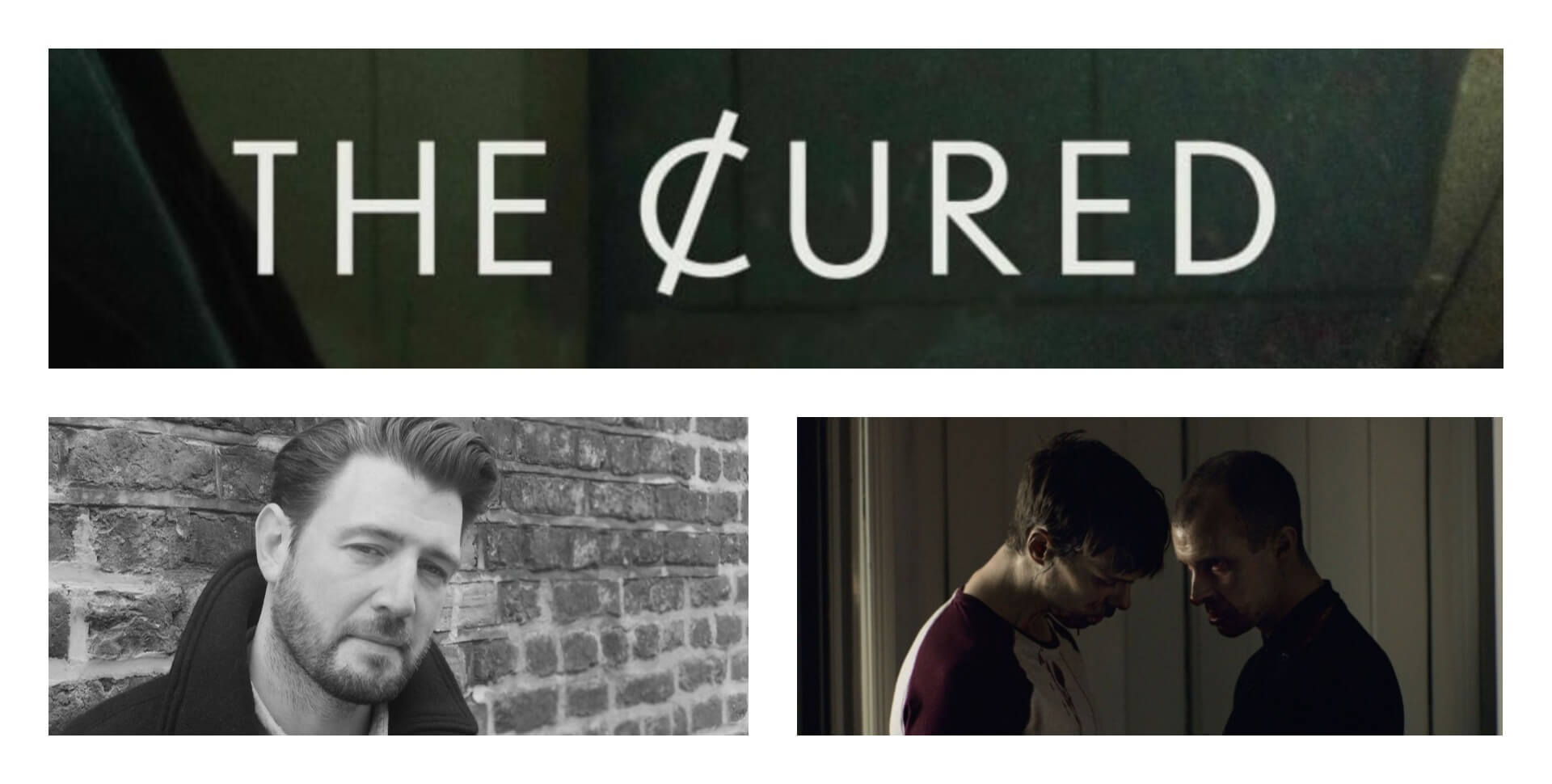The debut of writer/director David Freyne follows Elliot Page and Sam Keeley in the aftermath of an apocalyptic event where the cure for a zombie-like epidemic has been found. The Cured is a dramatic horror that subverts the zombie genre while bringing about some rather significant moral questions. With it's curtain-raising on February 23rd, David was kind enough to answer some of our questions about the making of the film, and about the questions, his film poses for the rest of us.
Where did the idea from this script stem from and how was your writing process?
I've always loved zombie/ infection films. From the Living Dead series to 28 Days Later, it is a genre that can, at it's best, brilliantly reflect contemporary issues. Once I started thinking about what would happen if there were a cure to such a zombie infection, I couldn't stop. The idea of the cured being haunted by the memories of what they did while infected was horrible, terrifying and, above all, heartbreaking.
I began writing it during the height of the recession so a lot of the anger I was feeling around me fed into the scripting, in quite a cathartic way.
What differences did you find in creating a feature versus the several shorts before it?
Just the level of a stamina required. It's a marathon, not a sprint. But the principles are the same. I was determined to not let the pressure of a feature stop me from enjoying the process.
What's the biggest lesson you learned from the production of this film?
No matter how much prep you do, film happens on the day. Things will go wrong, from locations falling through to unpredictable weather. But you still have turnover every day so make sure you have a good A, B and C plan and then just embrace the unpredictable. It's often where the best stuff comes from.
Many zombie/epidemic type films have a metaphorical message or some such that they are ultimately trying to convey. What is the higher message of The Cured to you?
To not let fear rule our lives and our politics.
What have been some of your biggest influences?
Yikes, I mean I remember wearing out a VHS of Terminator 2 when I was 10 and just being awestruck by the possibilities of film. I then quickly discovered Three Colours: Red and the World Cinema section of my local video store (I really miss them). Powell and Pressburger took my breath away. To this day, no one has made a film as beautiful or romantic as A Matter of Life and Death. And on TV, Buffy had a massive impact on me as a child.
What are your thoughts on the changing landscape of the industry?
I am cautiously optimistic about it all. I hope there will always be a place for the theatrical experience. I love seeing The Cured with an audience and getting that communal reaction. The gasps, jolts and embarrassed laughs after a fright. But I think the various streaming and VOD sites are giving people more and more opportunity to discover great films and content that they wouldn't otherwise see. The more choice the better.
If you had infinite resources and budget, what is a fantasy project you would like to tackle?
I have a new script called The Door, best described as Narnia meets Broad City, which I really hope to make at some point. It incorporates a lot of Irish mythology, which is just staggering and perfect for cinema. I've always wanted to adapt Arthur C Clarke's Rendezvous with Rama. It is sci-fi but incredible. The Ted Chiang short story Hell is the Absence of God is so stunning and beautiful. Kevin Barry's City of Bohane would make epic TV. An adaptation of the Fray comics from the Buffy-verse would be a dream.
In fact, we need a Tale of the Slayers Anthology series. Someone needs to put in a good word for me with Mr. Whedon.
What's next for you?
Every time I say I'm reading lots of scripts, I just feel a Troy McClure joke coming. But there are a few things I'm excited about.
Watch The Cured in theaters near you,
or On Demand on February 23, 2018.
